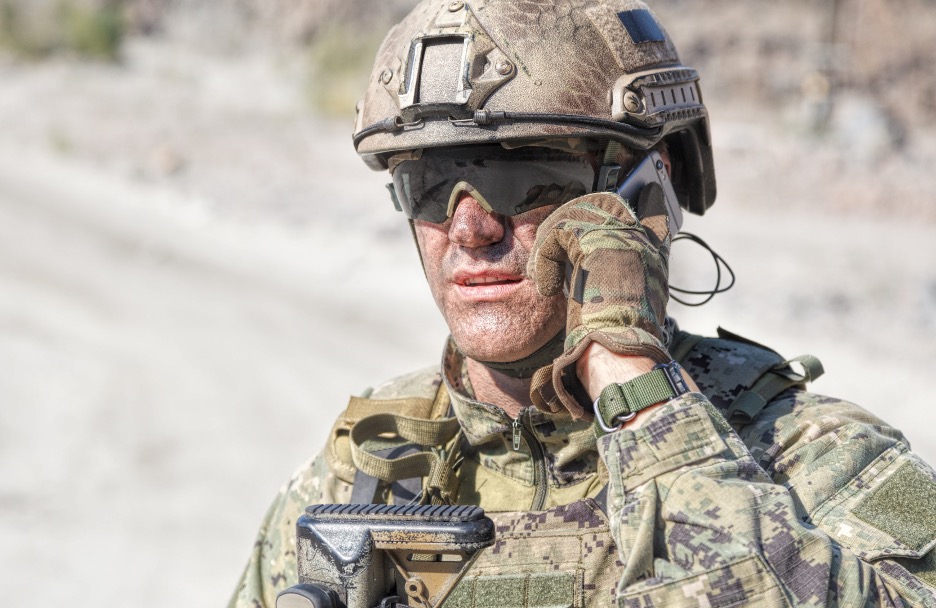Effective incident reporting systems are vital components of healthcare quality improvement, patient safety, and risk management within military and civilian healthcare settings. Incident reporting facilitates the identification, analysis, and prevention of medical errors, including instances of medical malpractice. In this blog, we explore the significance of incident reporting systems in preventing medical malpractice, enhancing patient safety, and fostering a culture of continuous improvement in healthcare delivery.
Understanding Incident Reporting Systems:
- Purpose and Objectives: Incident reporting systems are designed to capture and document adverse events, near misses, and errors that occur within healthcare environments. The primary goals include identifying system failures, mitigating risks, and preventing patient harm.
- Types of Incidents Reported: Incident reporting systems encompass a wide range of events, including medication errors, surgical complications, diagnostic errors, patient falls, infections, and communication breakdowns. Each reported incident provides valuable insights for quality improvement.
- Confidentiality and Non-Punitive Reporting: Confidentiality and non-punitive reporting are fundamental principles of incident reporting systems. Healthcare providers are encouraged to report incidents without fear of reprisal, enabling candid discussions and learning opportunities.
Benefits of Incident Reporting in Preventing Medical Malpractice:
- Early Detection of Systemic Issues: Incident reports highlight systemic issues and vulnerabilities within healthcare processes, infrastructure, and policies. Early detection allows for targeted interventions and corrective actions to prevent recurring errors.
- Root Cause Analysis and Investigations: Incident reports trigger root cause analyses and comprehensive investigations to understand contributing factors and underlying causes of medical errors. Identifying root causes informs quality improvement initiatives and risk reduction strategies.
- Implementation of Preventive Measures: Insights gained from incident reporting facilitate the implementation of preventive measures, such as enhanced protocols, staff training, standardized procedures, and technology solutions to mitigate risks.
- Continuous Quality Improvement: Incident reporting fosters a culture of continuous quality improvement by promoting transparency, accountability, and shared learning across healthcare teams. Lessons learned from reported incidents drive systemic changes and best practices.
Role of Incident Reporting in Military Healthcare:
- Enhancing Patient Safety: Incident reporting is integral to promoting patient safety and quality of care within military healthcare systems. Timely reporting and analysis of incidents support proactive risk management and patient-centered care.
- Supporting Legal and Regulatory Compliance: Incident reporting systems contribute to legal and regulatory compliance by documenting compliance failures, adherence to standards of care, and response to adverse events. Transparent reporting demonstrates accountability and commitment to patient welfare.
- Promoting a Culture of Safety: Incident reporting fosters a culture of safety and accountability among military healthcare providers, encouraging proactive risk identification, communication, and collaboration in healthcare delivery.
Conclusion:
Incident reporting systems play a critical role in preventing medical malpractice, enhancing patient safety, and driving continuous improvement in healthcare quality. By encouraging transparent reporting, facilitating root cause analyses, and implementing preventive measures, incident reporting contributes to a culture of safety and accountability within military and civilian healthcare settings. If you or a loved one is affected by medical malpractice, ForTheMilitary.com is committed to advocating for patient rights and supporting initiatives that promote incident reporting and quality improvement. Together, we can strengthen healthcare systems and prioritize patient safety for our military community.

 Call Now- Open 24/7
Call Now- Open 24/7





